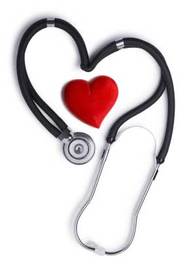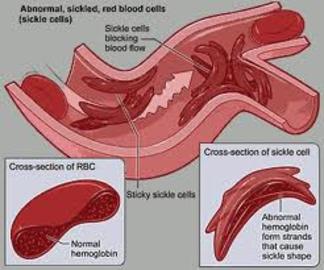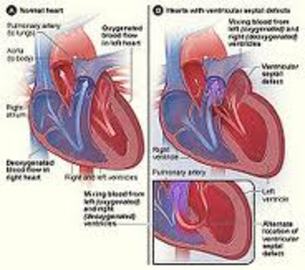Introduction

The words cardio (of the heart) and vascular (of the vessels) combine together to make ‘Cardiovascular’. As a result, cardiovascular means of or pertaining to the heart and vessels. Diseases of cardiovascular system refers to when either of these parts has some disease or inconsistency related to it. Diseases of cardiovascular nature are highly prevalent in the general population and unlike most other diseases; it is irrelevant of environmental or demographic conditions and constraints. It occurs across people of all ages, but certain types of diseases get more common in people as they begin to age.
History

Cardiovascular is generally taken only to mean anything related to the heart. In reality, it has as much to do with the general vessels of the body, veins or arteries, as it does with the heart. Diseases of cardiovascular system can therefore mean when the body’s supply of blood and nutrients coming from the heart gets altered, or when the heart itself stops functioning as it should. As a result, while there are over 60 different diseases classified to mean diseases of the cardiovascular system in reality, they all generally have the same symptoms and effects. Furthermore, cardio and vascular diseases are generally classified together because they are very closely related. Both pertain to the nutrients that blood provides, and while the heart pumps and provides this blood, the vessels are the means to transport it. Hence, when there is a problem in either one of these, the other is in turn involved.
Features

Diseases of cardiovascular are of many different types. When classified broadly, it can fall either in the category related to the heart or the general blood vessels. Dividing further, when speaking of the heart, it can mean when the heart fails in its function, or when there is a problem in the supply of blood and nutrients to the heart itself. The latter generally occurs when there is a blockage in the vessels going to the heart, and is what we generally refer to as coronary heart disease. The effect of this can be mild pain in the heart (angina) or a full-fledged heart attack. Furthermore, when there is a general weakening of the walls of the heart or the surrounding vessels, the heart experiences irregular pumping patterns or beating, and can result in discomfort, as well as an effected supply of blood to the rest of the body. When these blockages occur in any other vessel of the body, such as a blood vessel going to or from the brain, other diseases such as strokes can also occur. These also result when there is a clot or blockage to the blood supply, thereby, preventing oxygen from reaching the brain.
Tips and comments
Diseases of cardiovascular can be genetic as well as developed. Certain physical defects are genetic but due to a build-up of fats and other unhealthy habits, the muscles of the heart and the blood vessels in general can find themselves weakening and making a person more prone to cardiovascular diseases. These diseases can often be life-threatening and hence, their prevention and cure should be taken very seriously.